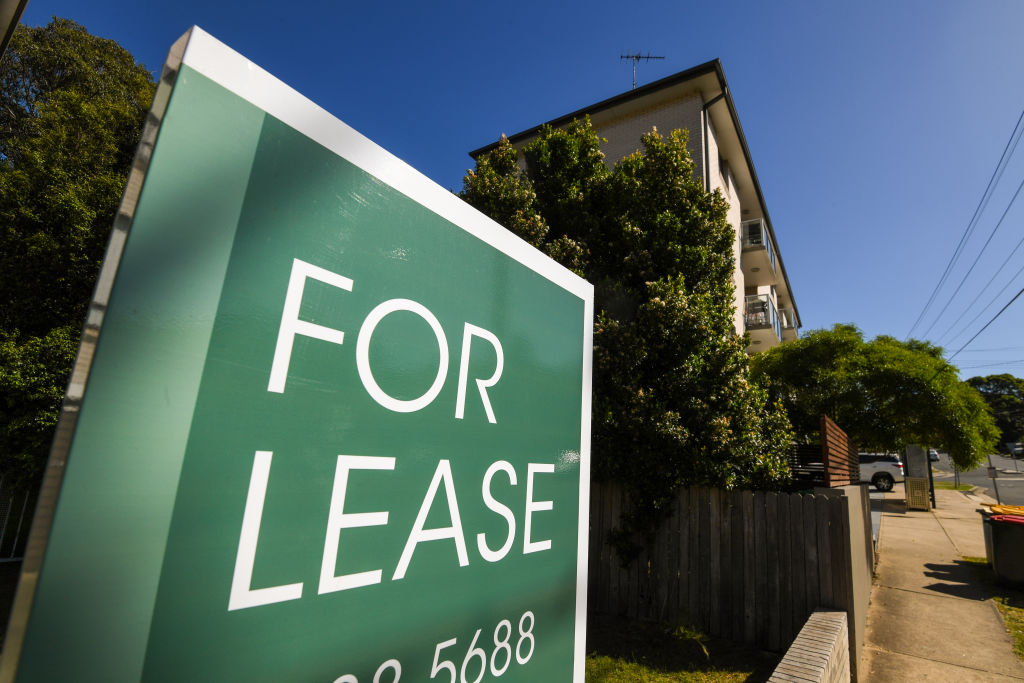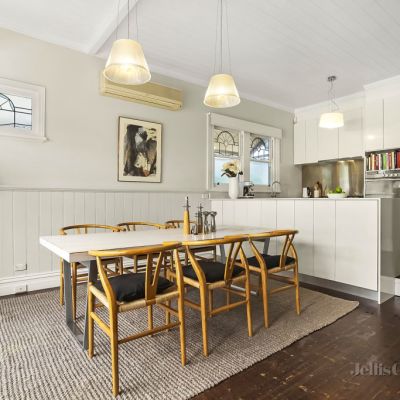All reforms are on the table post-coronavirus crisis, so what of negative gearing?

In the post-COVID-19 pandemic economy, all options are on the table to get people back in jobs and build a better world, we’re told.
Reform to one housing tax is already in the spotlight (stamp duty) but what of the proposals to change negative gearing and capital gains tax that have been out of mind since the federal election?
This time a year ago, Labor appeared poised to win power and restrict tax incentives for negative gearing to new builds only, while grandfathering existing arrangements. Halving the capital gains tax discount was also policy, although the party later flagged a shift to a “new policy agenda”.
At the time, housing prices were falling in the wake of the bank regulator’s crackdown on interest-only loans and both buyers and sellers were hesitant to make decisions before the election result was clear.
After the election, a loosening of housing credit and cuts to interest rates, housing prices bounced before slowing more recently amid the health crisis – and it’s the direction of price moves that would be key in any future consideration of the reforms.
The Grattan Institute’s Brendan Coates last year called the policies “worthwhile reforms” that would generate substantial revenue for the budget.
“Something that was always a good idea is still a good idea in the post-COVID world,” the organisation’s Household Finances program director says now.
“We’ve got a long way to go in just responding to COVID-19 before politicians and government will turn their minds to some of these questions. But certainly in the long run, there’s going to be a need to address the increased public debt that’s come about as a result of COVID.”
Changes to the tax concessions for negative gearing and CGT remained “one of the more attractive ways to achieve budget repair” because they didn’t impose large costs on the economy or have a big impact on house prices, he said.
There’s a caveat coming, though.
“It is very hard to introduce policies like this at a time when prices are falling,” he said.
“It’s a harder political sell.”
UNSW Business School Professor Richard Holden, who wrote a report that became the basis of the policy, initially estimated the concessions to investors were costing the budget bottom line about $6 billion a year or even more.
Now the longer run impact of the tax break remained, he said.
But in the immediate context, even the policy’s architect cautions against a quick change.
“It depends on how bad the dislocation is in the residential property market is, but if it’s as bad as many people fear, you wouldn’t want to do it right away,” he said.
“There are a whole lot of economic circumstances where you should go ahead with this reform … In the present circumstance, I don’t think it would be advisable.”
As for budget repair, he suggests low-cost government borrowing to help the economy to be able to grow again will be more important than focusing on having a deficit.
KPMG Australia chief economist Brendan Rynne last year called the policies “sound”, adding their introduction would need to be managed carefully.
Now, he says, changing the tax concessions to limit negative gearing benefits to new builds in the current environment could offer a boost to the construction sector, although it would make sense for it to be only one part of the mix.
“What it was doing was incentivising new construction activity, and again that’s a good thing in a post-coronavirus environment,” he said.
“It is something that could get thrown into the mix of tax reform, however, I think there are other taxes that are much more inefficient in the way that they run that should be looked at first.”
Stamp duty, for example, which has already been flagged by the two largest states as a possible reform candidate. A small land tax paid each year would allow people to move home more easily than a larger stamp duty bill each time someone transacts, the argument goes.
Mr Rynne also argues that tax reform should be undertaken to have an optimal tax system, not just because we’re facing a crisis.
“One thing we have to be really careful of is that we don’t make quick decisions around things like austerity measures.”
Domain economist Trent Wiltshire agreed the policies might be “one relatively small element of an overall change to the tax mix”, but said it would be more likely to gain support when house prices were rising.
“It’s not a bad policy in terms of the economics as such,” he said.
“This change is more likely to occur in a time of rising house prices when concerns about housing affordability are top of the agenda.
“Even the concept of whether you need to do budget repair is debatable. If the economy’s going to be very weak for the next couple of years, the budget needs to be in deficit, [and] the government needs to be spending money, not increasing taxes.”
We recommend
States
Capital Cities
Capital Cities - Rentals
Popular Areas
Allhomes
More
- © 2025, CoStar Group Inc.









